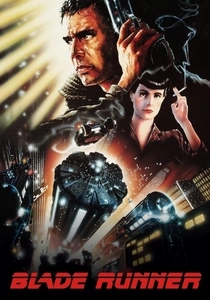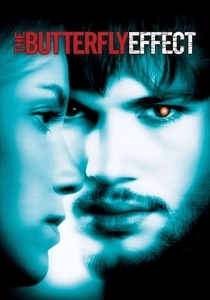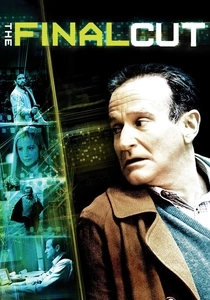Memory is a fascinating aspect of human experience, often explored in science fiction to delve into themes of identity, reality, and the essence of humanity. This curated list of 10 sci-fi films focuses on the manipulation, loss, or recovery of memories, offering viewers a thought-provoking journey through time, consciousness, and the very fabric of our minds. Whether it's through futuristic technology, psychological twists, or emotional narratives, these films challenge our understanding of what it means to remember.

Blade Runner (1982)
Description: In a dystopian future, artificial humans known as replicants are given false memories to control their behavior, raising questions about what it means to be human.
Fact: The film's iconic voice-over was added after test screenings, and Ridley Scott later released a version without it, known as the "Director's Cut."
 Watch Now
Watch Now 
Total Recall (1990)
Description: A construction worker undergoes a memory implant procedure but discovers his memories might be real, leading to a quest for his true identity.
Fact: The film was based on the short story "We Can Remember It for You Wholesale" by Philip K. Dick.
 Watch Now
Watch Now 
Dark City (1998)
Description: A man wakes up with no memory and discovers he's part of a city controlled by beings who manipulate memories and reality.
Fact: The film's visual style was heavily influenced by German Expressionism, particularly Fritz Lang's "Metropolis."
 Watch Now
Watch Now 
The Matrix (1999)
Description: While not exclusively about memories, the film delves into the concept of a simulated reality where memories are controlled by machines to keep humans docile.
Fact: The idea for the film was inspired by the works of Jean Baudrillard, particularly "Simulacra and Simulation."
 Watch Now
Watch Now 
Memento (2000)
Description: A man with short-term memory loss uses notes, tattoos, and Polaroids to hunt for his wife's murderer, exploring themes of memory and revenge.
Fact: The film is told in reverse chronological order, with the black-and-white scenes moving forward and the color scenes backward.
 Watch Now
Watch Now 
The Butterfly Effect (2004)
Description: A young man discovers he can travel back in time to his past moments, altering his memories to change the present, but with unintended consequences.
Fact: The film had several alternate endings, with the theatrical release being the most controversial.
 Watch Now
Watch Now 
Eternal Sunshine of the Spotless Mind (2004)
Description: This film explores the concept of erasing painful memories to move on from heartbreak, but as the memories are erased, the characters realize the value of their shared past.
Fact: The film was inspired by a short story by Charlie Kaufman, and the title comes from a poem by Alexander Pope.
 Watch Now
Watch Now 
The Final Cut (2004)
Description: In a future where memories can be recorded and edited, a "cutter" must decide what to include in a deceased person's "rememory," raising ethical questions.
Fact: The film was Robin Williams' first dramatic role after a series of comedies, showcasing his versatility as an actor.
 Watch Now
Watch Now 
Inception (2010)
Description: A professional thief uses experimental technology to infiltrate the subconscious and implant an idea into a target's mind, exploring the layers of dreams and memories.
Fact: Christopher Nolan wrote the script over a decade, and the film's dream-within-a-dream structure was inspired by his own dreams.
 Watch Now
Watch Now 
Strange Days (1995)
Description: Set in a near-future Los Angeles, the film revolves around the illegal trade of recorded memories, exploring themes of voyeurism and identity.
Fact: The film was co-written by James Cameron and Kathryn Bigelow, who was also the director.
 30 Days Free
30 Days Free 








